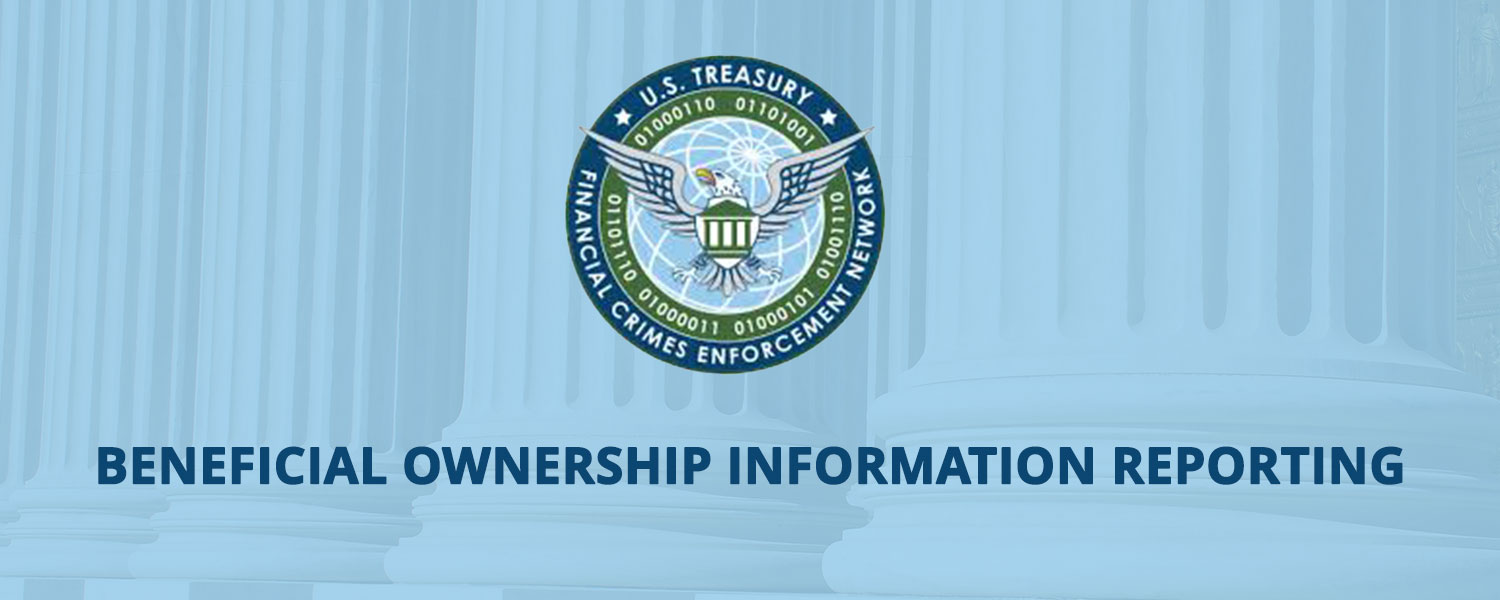The Threat Of Harvard’s Revocation Of Tax Exemption Status – What Should Other Non-Profit Organizations Learn From This?
With all the publicity on Harvard University’s continued tax exemption status, any Non-Profit Organization including churches and charities should be aware of their filing and operational obligations to insure preservation of their tax exempt status.
A section 501(c)(3) organization will jeopardize its exemption if it ceases to be operated exclusively for exempt purposes. An organization will be operated exclusively for exempt purposes only if it engages primarily in activities that accomplish the exempt purposes specified in section 501(c)(3). An organization will not be so regarded if more than an insubstantial part of its activities does not further an exempt purpose. A 501(c)(3) organization:
- must absolutely refrain from participating in the political campaigns of candidates for local, state, or federal office
- must restrict its lobbying activities to an insubstantial part of its total activities
- must ensure that its earnings do not inure to the benefit of any private shareholder or individual
- must not operate for the benefit of private interests such as those of its founder, the founder’s family, its shareholders or persons controlled by such interests
- must not operate for the primary purpose of conducting a trade or business that is not related to its exempt purpose, such as a school’s operation of a factory
- may not provide commercial-type insurance as a substantial part of its activities
- may not have purposes or activities that are illegal or violate fundamental public policy
- must satisfy annual filing requirements
In addition to loss of the organization’s section 501(c)(3) exempt status, activities constituting inurement may result in the imposition of penalty excise taxes on individuals benefiting from excess benefit transactions.
A tax-exempt organization that does not file a required annual return or notice for three consecutive years automatically loses its tax-exempt status. . An automatic revocation is effective on the original filing due date of the third annual return or notice. (Section 6033(j) of the Internal Revenue Code).
Automatic revocation of exemption list
The IRS publishes the list of organizations whose tax-exempt status was automatically revoked because of failure to file a required Form 990, 990-EZ, 990-PF or Form 990-N (e-Postcard) for three consecutive years.
The list gives the name, employer identification number (EIN), organization type, last known address the organization provided to the IRS, effective date of revocation and the date the organization was added to the list. For organizations that applied for and received reinstatement, the list gives the date of reinstatement. The IRS updates the list monthly.
Effect of losing tax-exempt status
If an organization’s tax-exempt status is automatically revoked, it is no longer exempt from federal income tax. Consequently, it may be required to file federal income tax returns (typically Form 1120 if incorporated or Form 1014 if formed as a trust) and pay applicable income taxes.
An automatically revoked organization is not eligible to receive tax-deductible contributions and will be removed from the cumulative list of tax-exempt organizations, Publication 78. The IRS will also send a letter informing the organization of the revocation.
Donors can deduct contributions made before an organization’s name appears on the Automatic Revocation List.
State and local laws may affect an organization that loses its tax-exempt status as well.
Reinstating tax-exempt status
The law prohibits the IRS from undoing a proper automatic revocation and does not provide for an appeal process. An automatically revoked organization must apply to have its status reinstated, even if the organization was not originally required to file an application for exemption. There are four ways to be reinstated which are outlined in Revenue Procedure 2014-11.
- Streamlined retroactive reinstatement
Organizations that were eligible to file Form 990-EZ or 990-N (ePostcard) for the three years that caused their revocation may have their tax-exempt status retroactively reinstated to the date of revocation if they have not previously had their tax-exempt status automatically revoked.
Complete and submit Form 1023 , Form 1023-EZ, Form 1024 or Form 1024-A with the appropriate user fee no later than 15 months after the later of the date of the organization’s Revocation Letter (CP-120A) or the date the organization appeared on the Revocation List on the IRS website.
In addition, the IRS will not impose the Section 6652(c) penalty for failure to file annual returns for the three consecutive taxable years that caused the organization to be revoked if the organization is retroactively reinstated under this procedure and files properly completed and executed paper Forms 990-EZ for all such taxable years.
- Retroactive reinstatement process (within 15 months)
Organizations that cannot use the Streamlined Retroactive Reinstatement Process (such as those that were required to file Form 990 or Form 990-PF for any of the three years that caused revocation or those that were previously auto-revoked) may have their tax-exempt status retroactively reinstated to the date of revocation if they:
- Complete and submit Form 1023, Form 1024 or Form 1024-A with the appropriate user fee not later than 15 months after the later of the date on the organization’s revocation letter (CP-120A) or the date the organization appeared on the Revocation List on the IRS website.
- Include with the application a statement establishing that the organization had reasonable cause for its failure to file a required annual return for at least one of the three consecutive years in which it failed to file.
- Include with the application a statement confirming that it has filed required returns for those three years and for any other taxable years after such period and before the post-mark date of the application for which required returns were due and not filed.
- File properly completed and executed paper annual returns for the three consecutive years that caused the revocation and any following years.
In addition, the IRS will not impose the Section 6652(c) penalty for failure to file annual returns for the three consecutive taxable years that caused the organization to be revoked if the organization is retroactively reinstated under this procedure.
- Retroactive reinstatement (after 15 months)
Organizations that apply for reinstatement more than 15 months after the later of the date on the organization’s revocation letter (CP-120A) or the date the organization appeared on the Revocation List on the IRS website may have their tax-exempt status retroactively reinstated to the date of revocation if they satisfy all of the requirements described under the “Retroactive reinstatement (within 15 months)” procedure EXCEPT that the reasonable cause statement the organization includes with its application must establish reasonable cause for its failure to file a required annual return for all three consecutive years in which it failed to file.
In addition, the IRS will not impose the Section 6652(c) penalty for failure to file annual returns for the three consecutive taxable years that caused the organization to be revoked if the organization is retroactively reinstated under this procedure.
- Post-mark date reinstatement
Organizations may apply for reinstatement effective from the post-mark date of their application if they complete and submit Form 1023, Form 1023-EZ, Form 1024 or Form 1024-A with the appropriate user fee.
What’s a reasonable cause statement?
A reasonable cause statement establishes that an organization exercised ordinary business care and prudence in determining and attempting to comply with its annual reporting requirement. The statement should have a detailed description of all the facts and circumstances about why the organization failed to file, how it discovered the failure, and the steps it has taken or will take to avoid or mitigate future failures.
Avoid being automatically revoked again – file annual returns
An organization can be automatically revoked again if it fails to file required returns for three consecutive years beginning with the year in which the IRS approves the application for reinstatement. Organizations seeking reinstatement of tax-exempt status after a subsequent revocation are not eligible to use the Streamlined Retroactive Reinstatement Process.
Reinstatement By The IRS Results In The Issuance Of A New Determination Letter
If the IRS determines that the organization meets the requirements for tax-exempt status, it will issue a new determination letter. The IRS also will include the reinstated organization in the next update of Tax Exempt Organizations Search (Pub. 78 database), and indicate in the IRS Business Master File (BMF) extract that the organization is eligible to receive tax-deductible contributions. Donors and others may rely upon the new IRS determination letter as of its stated effective date and on the updated Tax Exempt Organizations Search and BMF extract listings.
What Should You Do?
You know that at the Law Offices Of Jeffrey B. Kahn, P.C. we are always thinking of ways that our clients can save on taxes and for non-profit organizations to preserve their tax exempt status. If you are selected for an audit, stand up to the IRS by getting representation. Tax problems are usually a serious matter and must be handled appropriately so it’s important to that you’ve hired the best lawyer for your particular situation. The tax attorneys at the Law Offices Of Jeffrey B. Kahn, P.C. located in Orange County (Irvine), Los Angeles and elsewhere in California are highly skilled in handling tax matters and can effectively represent at all levels with the IRS and State Tax Agencies including criminal tax investigations and attempted prosecutions, undisclosed foreign bank accounts and other foreign assets, and unreported foreign income. Also if you are involved in cannabis, check out what a cannabis tax attorney can do for you and if you are involved in crypto-currency, check out what a Bitcoin tax attorney can do for you.










 Follow
Follow Follow
Follow